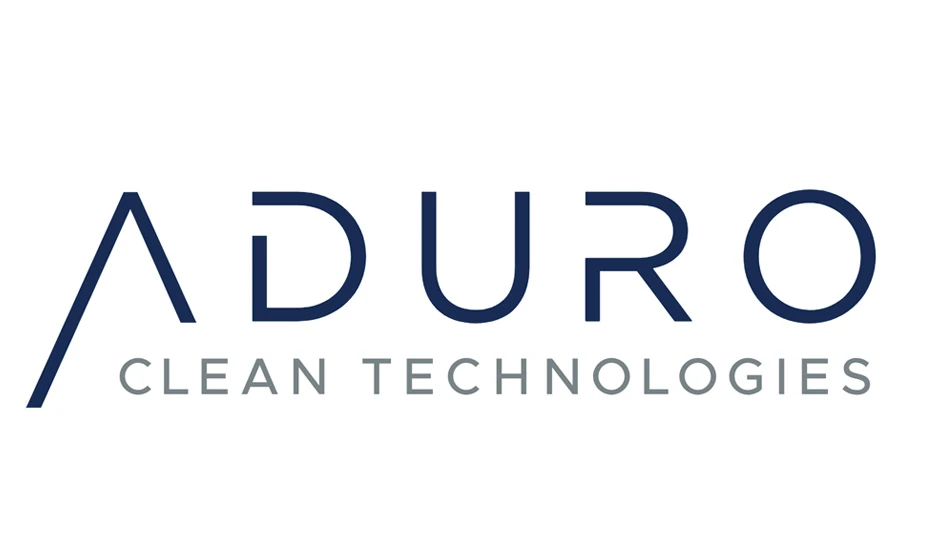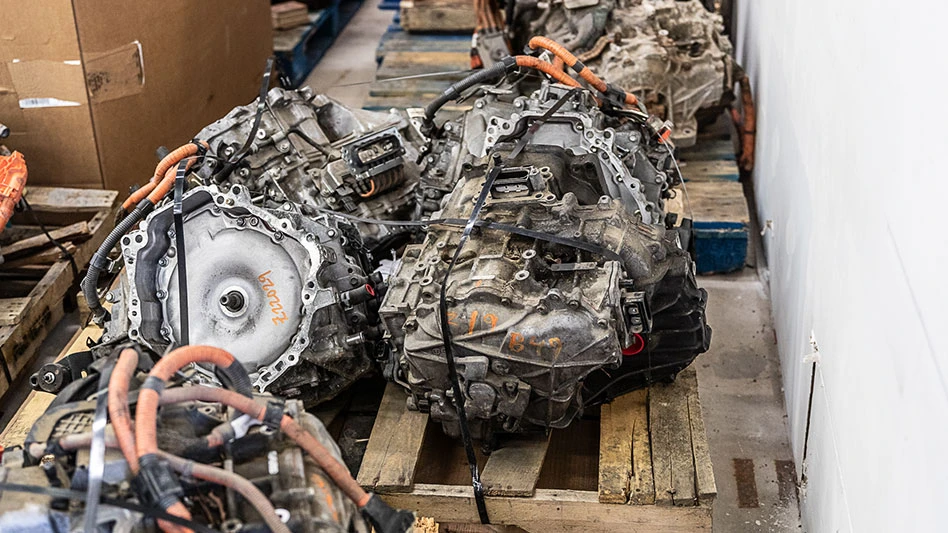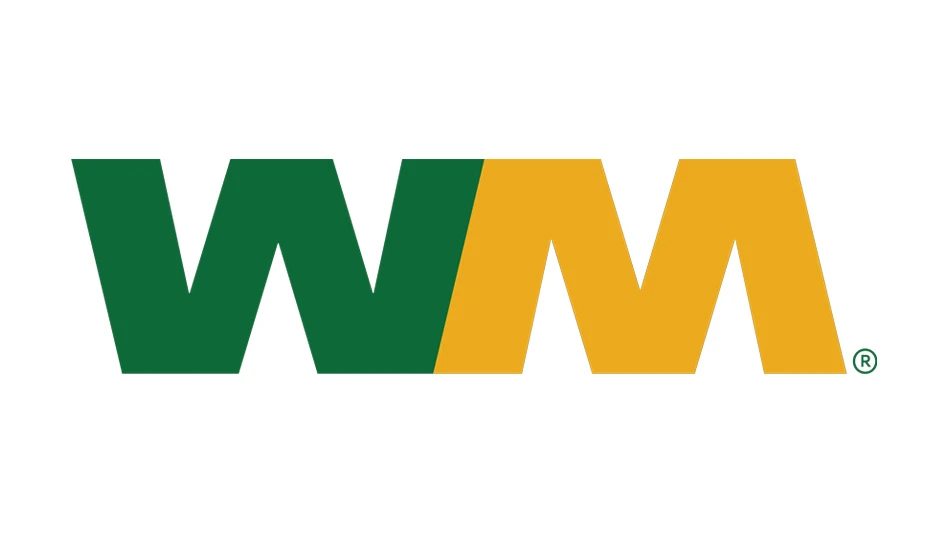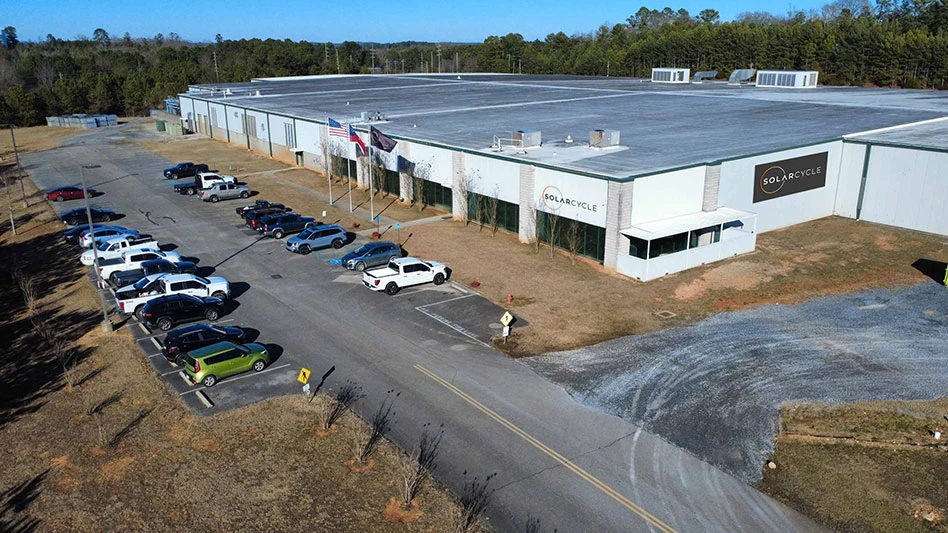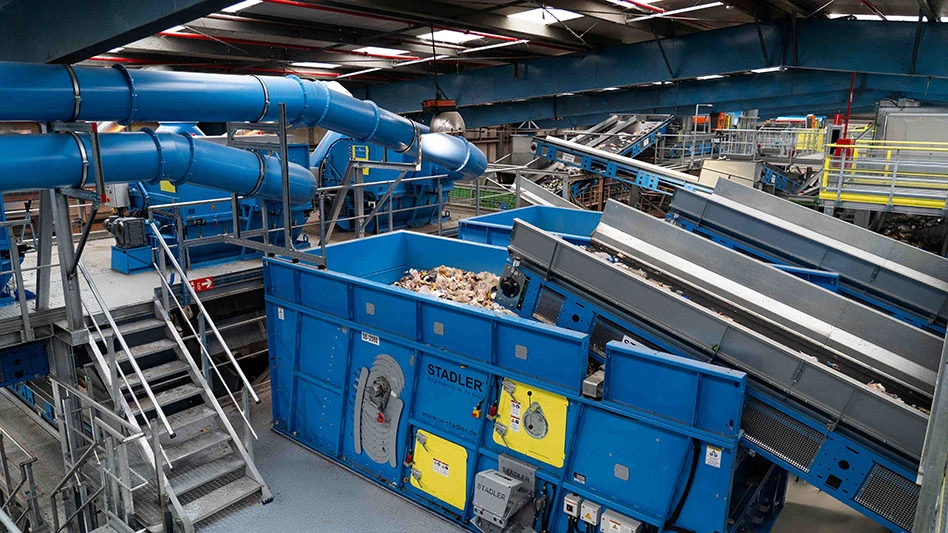
Image courtesy of the Small Format Coalition
The Glass Packaging Institute (GPI), Arlington, Virginia, recently announced the formation of the Small Format Coalition, a cross-sector initiative bringing together stakeholders across the brand packaging, material processing and recycling value chain to improve the recovery of small format materials from the recycling system.
GPI says these intentionally portioned consumer packaged goods or other associated small items, such as aluminum or plastic caps, capsules, pods, travel size containers or small paper or film bags, are common in daily life but often missed by current material recovery systems due to their size. The new coalition, developed with Nespresso as its first founding partner, is designed to provide a collaborative platform to align efforts across industries to deliver practical, scalable solutions that benefit the entire recovery ecosystem.
“This is a positive and inclusive step forward for all material types,” GPI President Scott DeFife says. “These smaller items often end up in the glass residual stream during recycling. While processors work to recover usable glass out of the stream from the primary sorting facilities, there are many other recyclable materials left over that we need to divert from landfills.
“Working together on a national level will allow us to maximize recovery, reduce contamination and increase the value of recycled materials—whether that’s glass, metal, plastic or fiber products.”
Founding members of the group are:
- Colgate-Palmolive;
- Encina;
- GPI;
- Mars Inc.;
- Nespresso;
- Nestlé;
- The Recycled Materials Association (ReMA);
- Sibelco;
- Sol de Janeiro;
- Steinert GmbH; and
- Tomra Systems ASA.
According to GPI, the coalition’s mission is to create a more efficient and circular system for small format packaging by enhancing and investing in recovery infrastructure to reduce material loss and improve quality; share and support best practices in both packaging and recycling system design; develop actionable data for potential inclusion in extended producer responsibility (EPR) programs and recycling standards; and recognize the role of material recovery facilities (MRFs) and glass processors in capturing value before disposal.
The coalition welcomes participation from any organization committed to innovation in material recovery, whether focused on glass, metals, plastics, fiber or end-of-life management. It says membership is designed to be accessible, with opportunities for technical collaboration, project investment and policy engagement.
Additionally, the coalition is collaborating with organizations like Closed Loop Partners’ Consortium to Recover Rigid Small Plastics and The Sustainability Consortium because of their experience and research in the space.
“Collaboration is essential to close the gap in a circular economy,” says Jessica Padula, head of sustainability and vice president of marketing at New York-based Nespresso USA. “At Nespresso, we use infinitely recyclable aluminum for our coffee capsules, but we can do more to ensure it’s effectively recovered. We’re proud to spearhead the development of this coalition of likeminded organizations, helping us make greater progress to minimize waste and reach our goal of raising our global aluminum capsule recycling rate to 60 percent by 2030.”
Latest from Recycling Today
- Volatility wave hits copper pricing
- ArcelorMittal legal battle with Italy continues
- Altor program boosts EPS recycling
- IP to spin off non-North American operations
- Flexible Film Recycling Alliance report outlines progress
- RERF opens Avagliano award nominations
- Eriez expands European sales network
- Gränges increases sales volume in 2025
